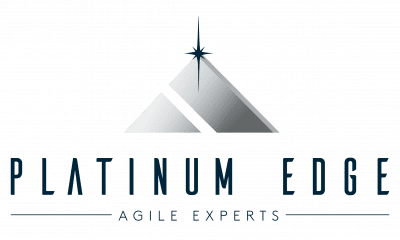by Jason Gardner (Ed.)
In any organization, decisions play a crucial role in the success or failure of the business. At the heart of any good decision-making process lies an understanding of how decisions are made. Decisions can either be centralized or decentralized. Centralized decision-making is where decisions are made by top-level management, while decentralized decision-making involves the delegation of power to lower management levels or even individual employees. In this blog, we will explore the differences and benefits of these two decision-making approaches.
Speed of Decision-Making
Centralized decision making can have the illusion of being faster, but in practice is often slower. This is because centralized decision making requires a few people to be introduced to a problem, educated on possible solutions, and then make the actual decision. The availability of a centralized decision making person or group is often limited. Though the decision maker(s) may be able to make a decision quickly because of their authority, the wait time to get the decision in front of them often ends up slowing the process down.
Decision Quality
One of the main advantages of decentralized decision-making is the quality of the decisions. Individuals closest to the action or problem are the best decision-makers in that scenario as they have a better understanding of the context, environment, and the problem itself. In contrast, centralized decision-making can be riskier as it relies heavily on the intuition of the few individuals at the top and they may have a limited understanding of the domain of the situation.
Employee Engagement
Centralized decision-making can lead to demotivation and disengagement among employees. This is because the decisions will be perceived as being imposed without communicating down the factors that went into the decision-making process – causing a gap in alignment. Decentralized decision-making fosters employee engagement because employees feel valued when they are given autonomy and are contributing to the success of the organization.
Scalability
Decentralized decision-making is an ideal approach for a scalable business. As the organization grows, delegating decision-making responsibilities to lower levels facilitates scalability by keeping the decision-making process responsive, timely and agile. On the other hand, businesses that rely on centralized power structures may struggle to scale as the amount of decisions being passed up to leadership grows.
Risk Management
Centralized decision-making allows organizations to manage risks in a more controlled and strategic manner. With a limited group of decision-makers, it is easier to create a more aligned vision and make comprehensive and effective decisions. This makes centralized decision-making ideal for situations where risks need to be reduced or managed. For more flexible and adaptable decision-making, decentralized decision-making is more suitable.
Uniformity
When uniformity is desired, centralized decision making is preferable. Decentralized decision making may have multiple groups needing to make a similar decision, but they may choose to solve it in different ways.
Conclusion:
Knowing when to use centralized or decentralized decision-making is vital when managing an organization. By understanding the differences and benefits of these two approaches, you can choose the right decision-making process for your organization’s situation, and ensure that you optimize for speed of decision-making, quality of decisions, employee engagement, scalability, uniformity and improved risk management. Deciding between centralized vs decentralized decision-making is not about choosing one over the other but finding the right balance based on organizational needs. Whichever approach you choose, the key is to implement an effective decision-making process that balances the strengths and weaknesses of each approach.


